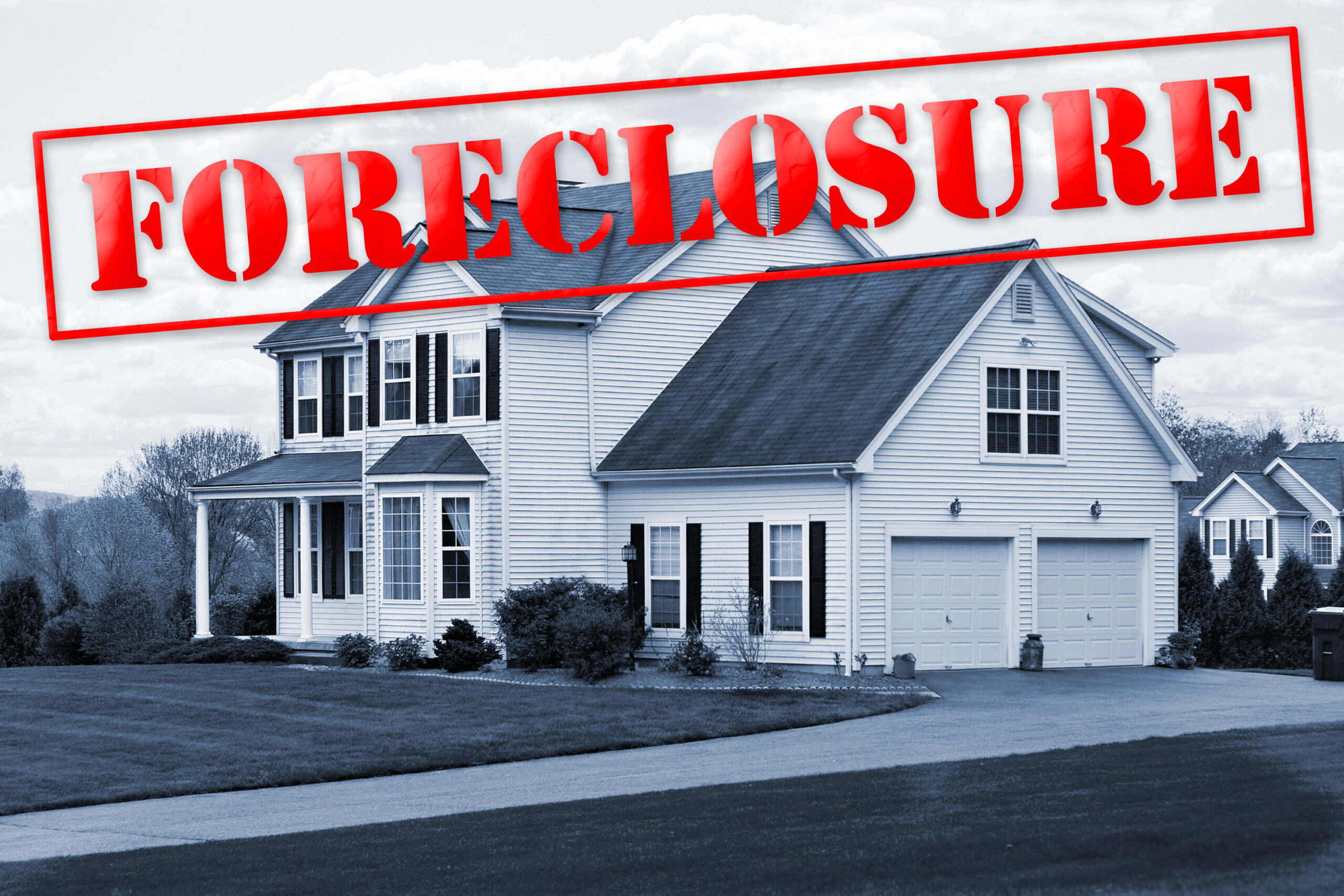The common objection to reverse mortgages is that they’re too expensive. The question is, expensive compared to what?
Continue readingMajor Changes to HECM Applications?
Is Florida Going Bust?! What HECM pros need to know
Property Tax Relief Available in California
Mexico’s Center for Economic and Budgetary Research analysis reveals the market potential for reverse mortgages and how the loan is presently structured. Learn more…
Continue readingWhat Boomers are looking for in senior housing
[The Mortgage Report ] The American Seniors Housing Association (ASHA) has released a report detailing the senior living priorities of the Baby Boomer generation.
Continue readingOlder Americans see the biggest property tax spikes in these cities
Recent data from Lending Tree reveals which cities are seeing the largest surge in property tax bills between 2019-2021
Continue reading‘More reverse mortgage servicing protections needed’
The NCLC recommends the CFPB & the FHA create these reverse mortgage servicing protections
After several years of servicing issues for both borrowers and their heirs reverse mortgage originators and lenders alike welcomed the news in March 2022 that Celink had been awarded the servicing of HECM loans held in assignment by the Federal Housing Administration. However, a history of previous servicing shortfalls from numerous servicers has led some to call for increased oversight and protections to prevent unnecessary foreclosures of HECM loans.
On February 6th the National Consumer Law Center published an article by Sarah Bolling Mancini entitled, “Unmet Promise: Reverse Mortgage Servicing Challenges and How to Preserve Housing Stability for Older Adults”. Mancini outlines several servicing shortfalls that may have led to avoidable foreclosures.
[read more]
“There are roughly 480,000 reverse mortgages currently outstanding in the United States.”, writes Mancini who notes this number will likely grow as baby boomers age. More importantly, she notes HECM borrowers who are delinquent on their property charge payments face hurdles in accessing the resources needed to satisfy the overdue charges to avoid a technical default and foreclosure. Mancini notes, “The crisis of preventable reverse mortgage foreclosures does not impact all communities equally. Historically, people of color have been more likely to take out reverse mortgages, due to the legacy of discrimination and policies that limited their wealth-building opportunities, and they are also more likely to end up in reverse mortgage foreclosure.”.
The NCLS’s full report (which we’ve included a link to in today’s show notes) provided several examples of where servicing failed HECM borrowers. Here’s one. Jean Reese, a 76-year-old African-American woman living in Philadelphia, fell behind on her property taxes during the Covid-19 pandemic. She made a payment arrangement with the city and also kept in regular contact with her HECM loan servicer. Despite these efforts in December 2019, the servicer paid the remaining property taxes she had arranged to pay with the city and also paid her future 2020 taxes. It’s a lengthy and complex story but in the end, Reese had to obtain legal assistance to conclude the matter and avoid foreclosure.
Drawing on their findings in the report, Mancini and the NCLC made four recommendations for FHA and the Consumer Financial Protection Bureau to help prevent avoidable foreclosures. The recommendations for the FHA include (1) Allowing flexibility with property charge loss mitigation policies, (2) Rescinding the due and payable status when loss mitigation is approved, (3) Allowing loans to be assigned to FHA while in an active loss mitigation plan, and (4) require a loss mitigation review. The recommendations to the CFPB include (1) the inclusion of reverse mortgages in the RESPA mortgage servicing rules, (2) working with FHA on effective reverse mortgage communications, (3) prioritizing reverse mortgage servicer supervision and enforcement, and (4) requiring prompt payoff statements.
The NCLC conducted a nationwide survey of senior advocates who handle reverse mortgage cases. Some of the more notable responses said that some servicers declared a homeowner was still in default despite them being already enrolled in a state or local tax deferral or repayment program.
Addressing the servicing issues outlined in the report only stands to strengthen the reputation of the reverse mortgage among older homeowners, senior advocates, and professionals. Or has Mancini put it to ‘fulfill the promise’ of the loan to help older homeowners age in place. What are your thoughts on the NCLC’s recommendations? Do you think these servicing reforms need to
[/read]
A Tough Sale?
New York Times: Expose Examined
Ironic. That is on the eve of the National Reverse Mortgage Lender’s Association Annual Meeting in San Antonio the New York Times published a front page expose. After a year and a half of mostly positive press since the introduction of the HECM Saver has the media pendulum swung back to its traditionally negative view? And more importantly, does the article point out some legitimate issues that we as an industry must address?
Continue readingThe life of a reverse after closing
Often out of sight and mind after a reverse mortgage closes, servicing is the backbone of the ongoing relationship with the borrower. From monthly draws, tenure payments and loan questions reverse mortgage servicers are on the front lines of long-term customer support and care. The average loan officer is with the borrower for 3-9 months while the servicer….
Continue reading





 HSomRSan Clev
HSomRSan Clev





